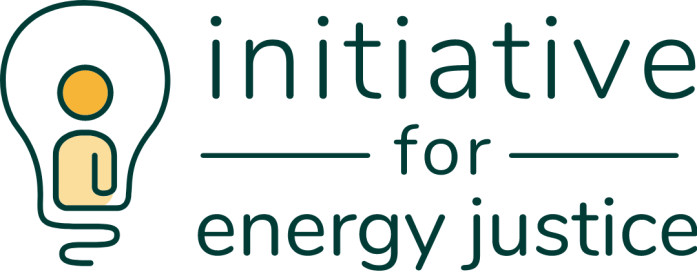from Initiative For Energy Justice
New Report Asks How Climate Law Can Better Benefit Communities
Initiative for Energy Justice Provides Strategies for Enhancing Community Engagement and Benefits in Energy Projects
BOSTON, MA / ACCESSWIRE / June 27, 2024 / Today, the Initiative for Energy Justice (IEJ) releases its newest white paper: Community Benefits Policy & Energy Justice. This essential research explores the critical role of Community Benefits Agreements (CBAs) and Community Benefits Plans (CBPs) in ensuring that underserved and overburdened communities benefit from recent federal investments in clean energy and climate infrastructure. Still, it highlights the lack of community decision-making power and resourcing that must accompany such policies to advance energy justice.

As the federal government invests heavily in clean energy projects, community benefits policies such as CBAs and CBPs have emerged as vital tools to ensure these investments deliver tangible benefits to the communities hosting such projects. CBAs are legally binding contracts between developers and community-based coalitions that secure specific benefits for residents. CBPs are planning tools required for certain federal funds, detailing how developers will benefit the affected populations.
"Community benefits policies represent an opportunity to shift the balance of power in energy infrastructure development and ensure that communities most burdened by the energy system in the past, including Black, Indigenous, and low-wealth communities, have a say in the energy transition," said Marisa Sotolongo, Ph.D., the author of the white paper. "This white paper outlines IEJ's recommendations for advancing community benefits and governance in the energy policy landscape."
The white paper identifies several key insights:
- CBAs fill a niche in energy policy, enabling communities near utility-scale energy projects to receive benefits that are unlikely to occur without an externally imposed benefits reallocation framework. For example, developers can be required to implement revenue-sharing programs and targeted workforce hiring for underserved populations. CBAs and CBPs can advance substantive, procedural, and restorative energy justice when coupled with strong community engagement and decision-making mechanisms.
- Institutionalizing CBAs risk weakened effectiveness: In creating a predictable environment for CBAs, a quick development process can be prioritized over maximizing community benefits and engagement. Federal and state governments must resource environmental justice communities to fully participate in the negotiation process. In addition, there should be support for community-initiated preemptive economic development planning so that communities are in the driver's seat of the energy transition.
- Transparency and accountability are essential. The public sector must require meaningful participation from frontline communities in all stages of the community benefits policymaking process. CBPs should be made public to ensure that communities can hold developers and the DOE accountable for the benefits promised in these plans. Federal, state, and local governments should adopt and share measurement and tracking methodologies to ensure policy and agreement enforceability and transparency.
###
The Initiative for Energy Justice conducts research, provides policy analysis, and facilitates dialogue to advance concrete policy pathways toward energy justice. IEJ partners with frontline organizing groups and allies who are striving for universal access to affordable, renewable, and democratically managed energy. For more detailed findings and recommendations, visit iejusa.org.
Contact Information
Catalina Silva
PR & Media Associate
catalina@humanitycom.com
571-488-5020
SOURCE: Initiative for Energy Justice
View the original press release on newswire.com.

